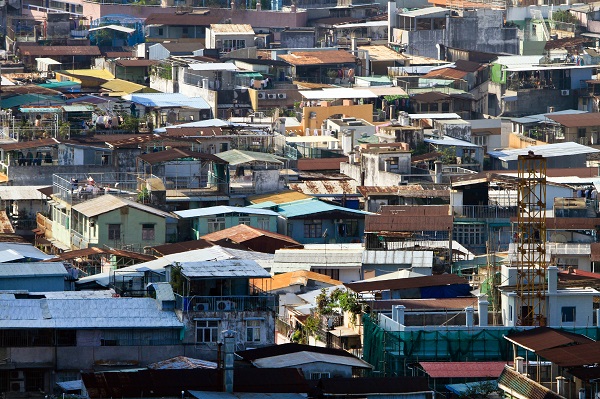When discussing globalization, advocates of the free economy usually start by stressing the large number of people who have risen out of extreme poverty in the last three decades. This period of poverty reduction showed a parallel growth in globalization. But it has not been even.
Those who try to prove that we are living in the best of times usually use monetary statistics – they count the number and percentage of people who earn less than $1.90 per day. Thanks to progress and some inflation, the threshold for extreme poverty is being revised upward to $3 and even to $5 per day. “Optimistic” economists also provide statistics for factors such as access to clean water, access to electricity, and better and cheaper communications. In most countries human development indices have also improved. Their message is often summarized as “we never had it so good.”
It is only during the last three decades that we have seen think tanks, NGOs, and international bodies introduce indices that measure economic freedom, globalization and respect for the rule of law. Surprising as it might seem, we still do not have reliable international poverty statistics. It seems shocking that the World Bank and its multimillion-dollar bureaucracy – which states that poverty reduction is one of its main goals – can’t come up with up-to-date comparable figures. Most countries use different measures and thresholds and do not report on a yearly basis.
One of the oldest measurements of freedom was produced by Freedom House, but with a heavy bias on political freedom. Twenty five years ago we saw the creation of the Index of Economic Freedom, produced by the Heritage Foundation, and the Economic Freedom of the World, produced by the Fraser Institute in Canada. On the topic of justice, we saw the creation and evolution of the Corruption Perception Index, produced by Transparency International, and more recently the Rule of Law Index, produced by the World Justice Project. There is a longer history of measurements of economic performance, such as GDP, per capita income, or unemployment. Efforts to measure economic factors took a big leap forward after the growth of Keynesianism and macroeconomics. John Maynard Keynes promoted a vision of economics that relied on aggregates, or “macro,” analysis. The World Bank, the International Monetary Fund, and many other international agencies were founded when macroeconomics was becoming dominant. Although not without its problems, as through their overuse we might lose sight of personal actors and interactions, aggregates have helped increase economic knowledge in many areas, such as how the monetary supply (an aggregate) impacts the price level (another macro figure).
Another widely used measurement, the Doing Business Index, was inspired by the work of Peruvian economist Hernando de Soto and his team of researchers at the Institute for Liberty and Democracy. In research conducted in the 1980s, they showed how an overregulated economy creates such high costs for entry into the market that it ends up excluding the poor from just opportunities. As part of this research, De Soto and his team created a small textile company and tested how long it would take to establish it formally. Five people spent the equivalent of 289 man hours to fulfill requirements for 11 procedural steps, where on 10 occasions they were asked for bribes (and had to pay two of them in order to proceed). The cost was equivalent of 32 monthly minimum-wage salaries. In the words of Fr. Robert Sirico, a strong defender of the morality of a truly free economy, these regulatory barriers position the poor against “the un-scalable wall of corporate-government cronyism masquerading as a free market.”
This post is excerpted from a piece that appeared on Forbes.com on January 7, 2020. Read the rest of the article here.
(Photo credit: Unsplash.)
